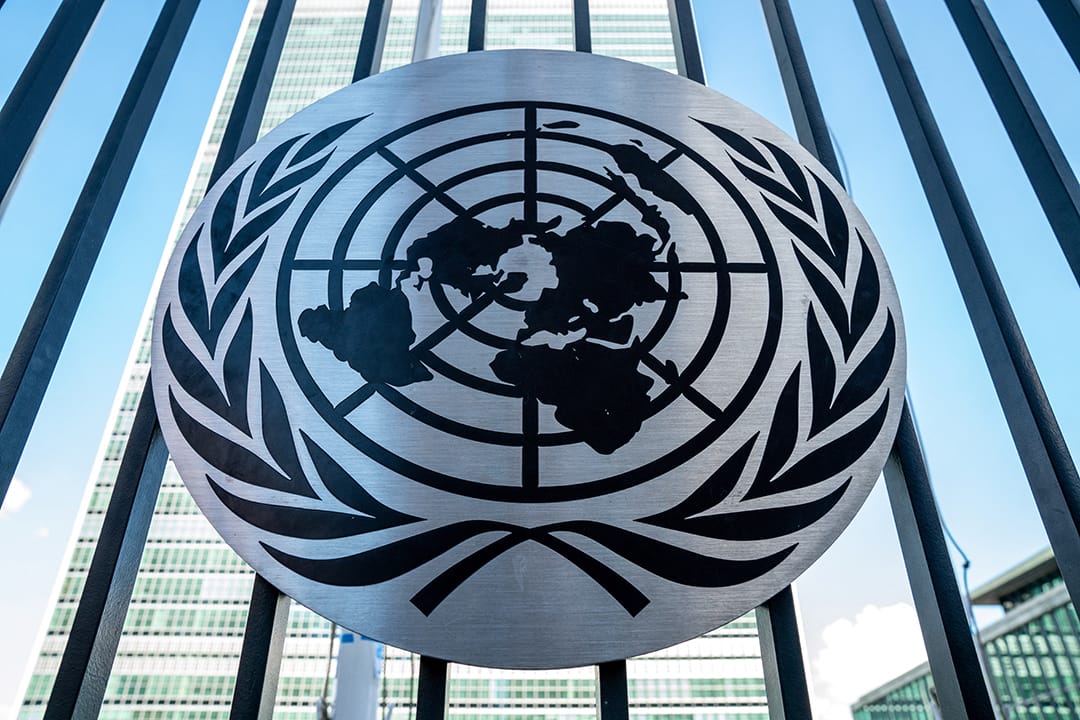UN Calls for Shift in Development Assistance Approach

Development assistance is undergoing a significant transformation, as highlighted during a recent round table at the fourth International Conference on Financing for Development. Key speakers emphasized the need for a partnership approach to international development cooperation, moving away from traditional donor-beneficiary dynamics. Notable figures, including Spain’s President Pedro Sánchez, called for increased official development assistance (ODA) and innovative financing solutions to address the challenges in achieving Sustainable Development Goals (SDGs). The discussions underscored the importance of equal responsibility among partners and the necessity of local ownership in development initiatives.
Redefining Global Partnerships
The call for a new paradigm in international development was echoed by Jozef Síkela, Commissioner of International Partnership at the European Commission. He emphasized that the world requires more development, not less, and highlighted the shared responsibility for global stability. Síkela pointed out that the European Union contributes 42 percent of global development assistance and stressed the need for redefining partnerships to ensure that all parties share equal responsibility and ambition. He introduced the Global Gateways initiative, which aims to support diverse projects, from vaccine production in Africa to clean energy initiatives in Asia. Síkela noted that public financing alone cannot achieve these goals and called for mobilizing private capital through innovative funding mechanisms. He warned that failing to act could lead to increased conflict and despair, urging partners to collaborate for sustainable development.
Moving Beyond Outdated Narratives
Iceland’s Foreign Affairs Minister, Thorgerdur Katrín Gunnarsdóttir, advocated for a shift away from the traditional donor-beneficiary narrative. She emphasized the importance of local ownership in development efforts, arguing that locally led initiatives are more likely to succeed and be cost-effective. Gunnarsdóttir highlighted the need for strategic use of ODA to mobilize private capital and stressed that developing countries must continue to integrate into the global financial system. She also pointed out the necessity of strengthening multilateral development banks and enhancing domestic resource mobilization to improve governance and combat corruption. Reflecting on Iceland’s own journey from a developing nation, she underscored the link between gender equality and economic development, advocating for investments in sexual health and reproductive rights as a means to empower women and stimulate growth.
The Role of Public-Private Dialogue
Henry-Claude Oyima, Gabon’s Minister of State for the Economy, Finance, and Debt, shared insights on the importance of public-private dialogue in development financing. He noted his dual role as a representative of both the private sector and the Gabonese government, which has reinforced his belief in the necessity of reclaiming fiscal space. Oyima expressed disappointment over the limited impact of foreign direct investment (FDI) and called for concessional financing to be directed toward local sectors. He emphasized Gabon’s commitment to setting its own priorities and respecting its traditions, while also acknowledging the need for supportive partners who respect national choices.
Emphasizing National Ownership and Multilateral Cooperation
Maropene Ramokgopa, South Africa’s Minister in the Presidency, highlighted the significance of national ownership in development partnerships. She argued that effective development assistance must align with national priorities and that interventions lacking local buy-in are unlikely to succeed. Ramokgopa raised concerns about reductions in assistance budgets from traditional donor countries and reiterated the importance of the 0.7 percent ODA target. She emphasized that while new financing instruments are welcome, they cannot replace the traditional development assistance that has historically lifted millions out of poverty. The discussions also included remarks from Ilan Goldfajn, President of the Inter-American Development Bank, and Liqun Jin, President of the Asian Infrastructure Investment Bank, who both underscored the critical role of multilateral development banks in enhancing cooperation and ensuring impactful outcomes.
Observer Voice is the one stop site for National, International news, Sports, Editor’s Choice, Art/culture contents, Quotes and much more. We also cover historical contents. Historical contents includes World History, Indian History, and what happened today. The website also covers Entertainment across the India and World.
Follow Us on Twitter, Instagram, Facebook, & LinkedIn

